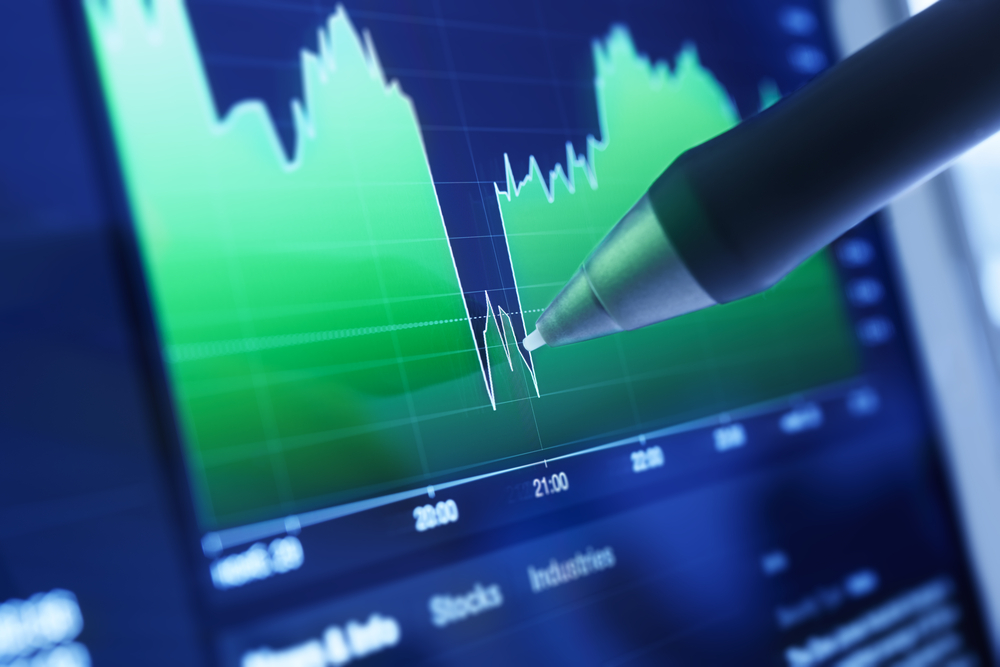Getting Started
How to protect your investment portfolio from coronavirus

Markets had largely shrugged off the impact of the coronavirus until this week when they finally succumbed to fears of the virus becoming a deadly global pandemic.
Global stock markets started the week with big losses as Italy, Iran and South Korea all confirmed cases of the deadly Covid-19 virus.
In the UK, the FTSE 100 fell 3.5% on Monday, wiping more than £60bn off the market. Analysts say it could close below the 7,000 mark today for the first time in a year. In the US, markets have endured their worst two-day losing streak in two years.
Asian markets – which are at the epicentre of the virus – saw the greatest falls with the Shanghai Composite dropping 10% in just one day on 3 February.
Given the scale and reach of the virus and the effect on markets, investors will naturally be nervous about the health of their portfolios.
While many have flocked to the relative safe-haven of gold which jumped to $1,600 per ounce last week – the highest level in seven years – the message is ‘don’t panic’.
Stock markets will remain turbulent but for those with a long-term view it is best to hold tight, and make sure you have a balanced portfolio, according to Emma Wall, head of investment analysis at Hargreaves Lansdown.
She said: “Coronavirus continues to unsettle markets. It has been a month since the virus first began to hit the headlines, and with each update from the World Health Organisation, or news of the virus spreading to a new region, there is a market reaction. There is little doubt that coronavirus will have an ongoing impact on global markets and economic growth. Markets do not like uncertainty, and this is an unknown with no precise precedent to help inform the forecast.”
Wall said long-term investors shouldn’t be overly concerned and reminded investors that selling out during volatile periods is not a good idea.
“Trading on news events can often lead to bad outcomes – panic selling often locks in losses, and jumping back into the market is hard to do,” she said.
“Behavioural finance shows us that selling at the top and buying at the bottom goes against our herd instincts, but that is exactly what you should do to gain the greatest returns.”
For those investing into an ISA or pension, with a 10-plus year view, the best course of action is to “do nothing, and stick with it”.
“Within four years both the FTSE 100 and the S&P 500 had shrugged off the losses of the global financial crisis”, Wall noted.
But given the crisis, she suggests investors check their investments to assess whether they have a properly balanced portfolio.
“Coronavirus aside, a well-balanced portfolio should have exposure to safe-haven assets such as gold, and lower-risk assets such as bonds. Funds focused on capital preservation, strategic bond funds, and multi-asset funds with a cautious approach are good additions if you are looking to add diversification to an equity portfolio. And remember to always make the most of your tax shelters,” she said.